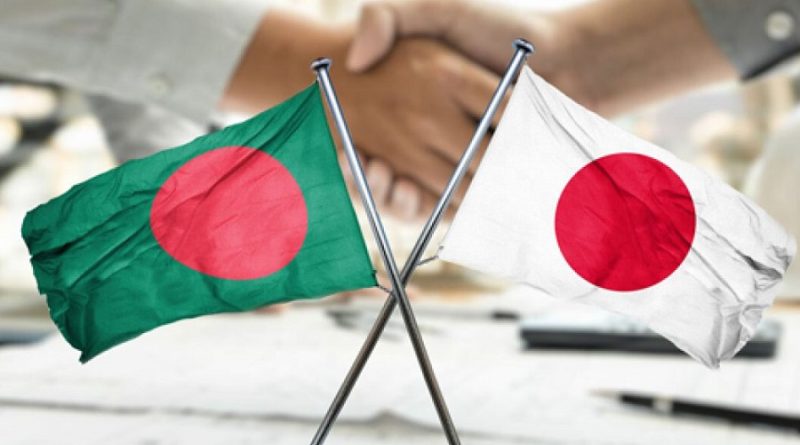Bangladesh and Japan are expected to hold a few more meetings to conclude negotiations on the long-awaited Economic Partnership Agreement (EPA), as the recent final-round discussions in Tokyo ended without full consensus on several key issues.
According to sources, both countries plan to meet again—this month in Dhaka and next month in Tokyo—to settle the remaining differences.
“The EPA will be finalised by the end of this year as some issues need further discussion,” said Kazuiki Kataoka, Country Representative of the Japan External Trade Organisation (JETRO). He noted that since the agreement involves export-import and tariff-related matters, achieving a win-win outcome for both governments and private sectors has proven complex.
Officials at Bangladesh’s Commerce Ministry also confirmed that while the final round of negotiations was completed, some formal steps toward signing are still in progress. “There are many stages involved in signing such a significant agreement between two countries, and that process has already begun,” said a ministry official seeking anonymity.
The seventh round of EPA negotiations was held in Tokyo from September 3 to 12, led by KOBAYASHI Izuru, Deputy Director-General and Ambassador in charge of Economic Diplomacy at Japan’s Ministry of Foreign Affairs, and Ayesha Akther, Additional Secretary and Head of the Foreign Trade Agreement Wing at Bangladesh’s Ministry of Commerce.
Representatives from various relevant ministries of both countries also participated.
In a press release on September 16, Japan’s Foreign Ministry said both sides held fruitful discussions on the future course of negotiations and covered key areas such as Trade in Goods, Rules of Origin, Trade in Services, Investment, E-commerce, and Intellectual Property. The release added that the upcoming negotiation schedules would be coordinated through diplomatic channels.
Talks on the EPA began in May 2024, following a joint study that revealed Japan’s private sector had shown interest in trade and investment worth about USD 13 billion in Bangladesh under the proposed agreement.
The EPA is expected to narrow the current trade gap—Bangladesh’s exports to Japan stand at roughly USD 1.72 billion against imports of USD 7 billion—by facilitating phased tariff reductions.
Unlike a traditional Free Trade Agreement (FTA), the EPA offers a broader framework, more suited to Bangladesh’s post-LDC graduation status. It aims to serve as a catalyst for Japanese investment, helping position Bangladesh as a key manufacturing and export hub in the region.






